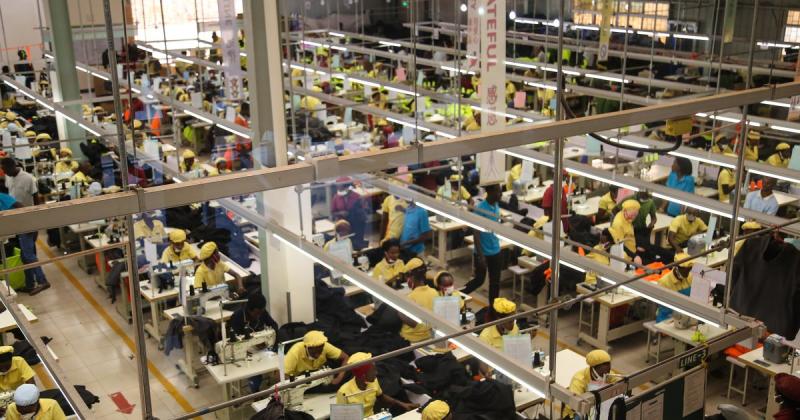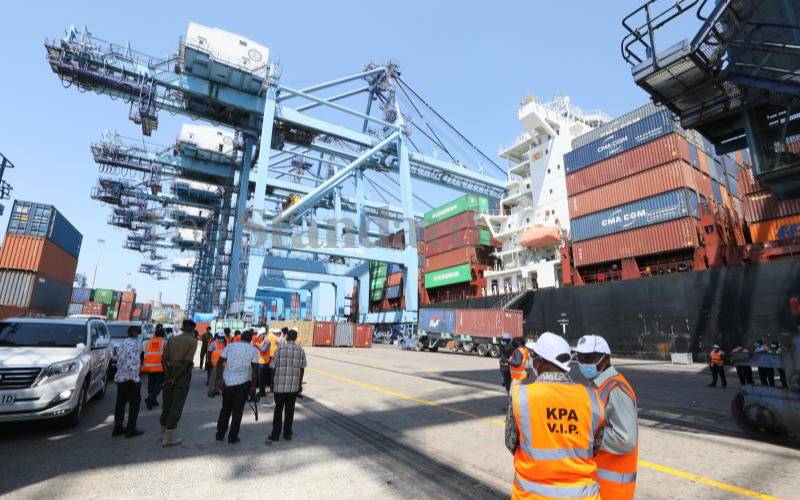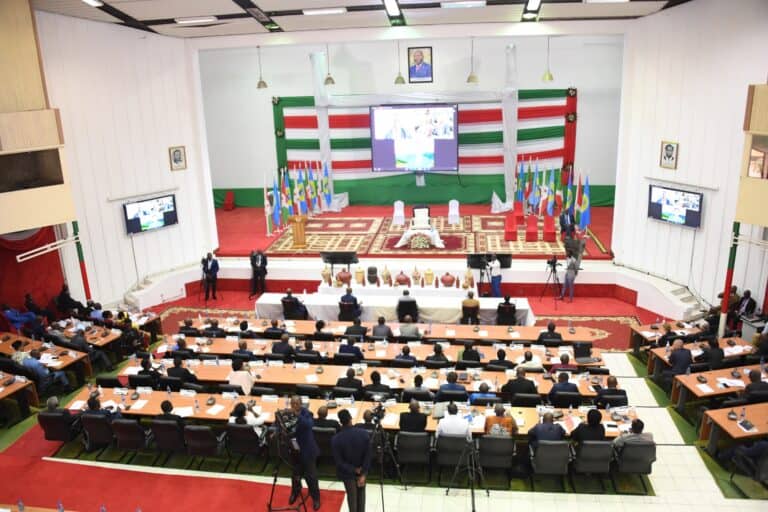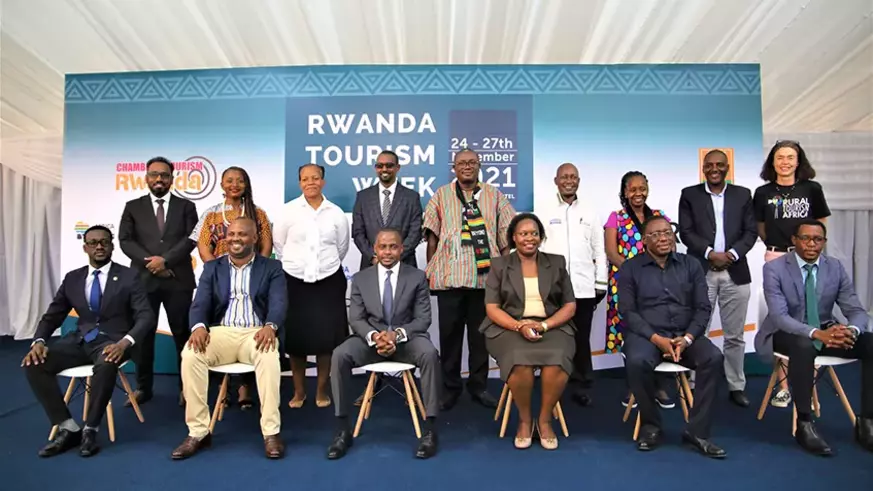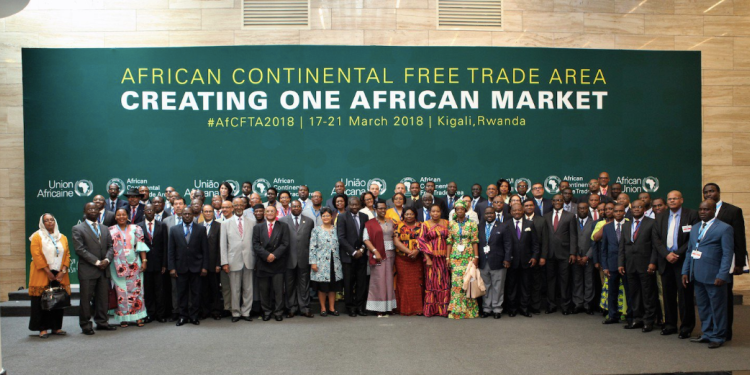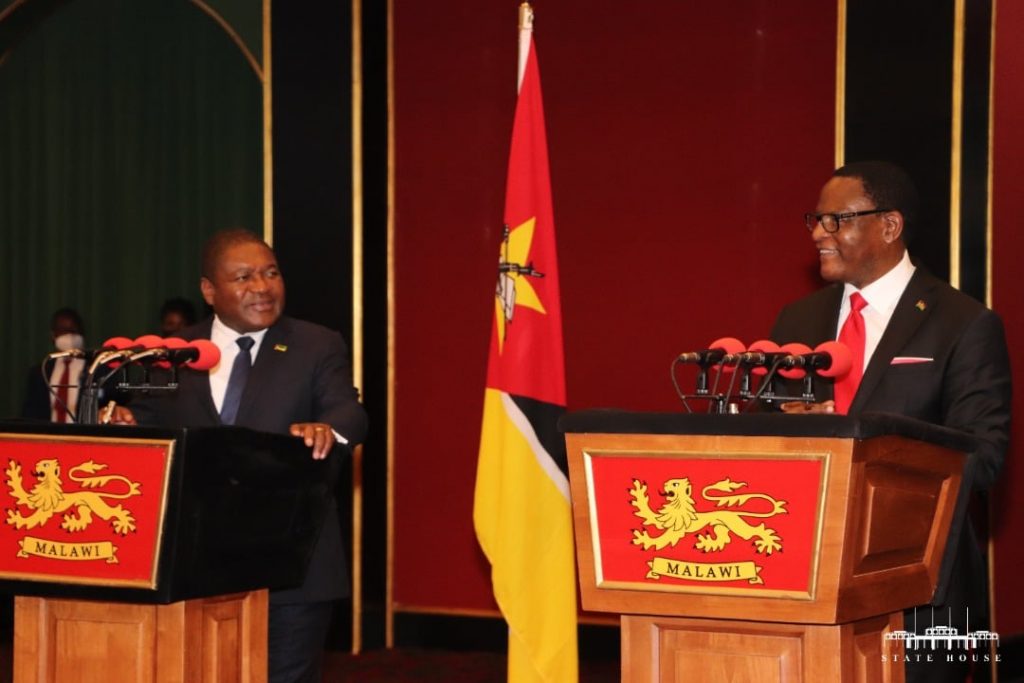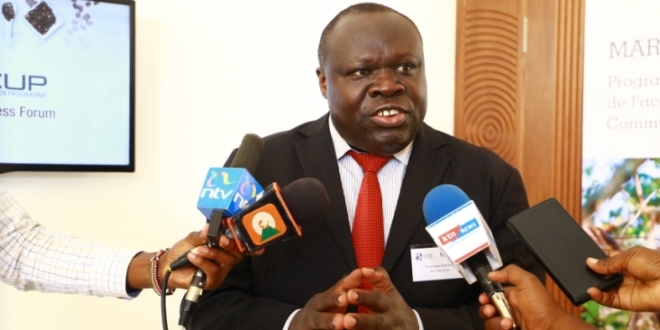Industrialisation is crucial for Africa’s development and the implementation of the African Continental Free Trade Area (AfCFTA) could provide crucial impetus in the coming years. Major challenges and opportunities for Africa’s transformation model present themselves continuously. African countries have responded to Covid-19 by resorting increasingly to digital solutions but to a lesser extent with greener, fiscal measures. Prospects for African manufacturing at this year’s Africa Industrialisation Day appear brighter than last year when Africa was in the middle of the largest economic crisis for decades. While economic recovery is still slow, appropriate support linked to the implementation of the AfCFTA can boost manufacturing prospects significantly. Progress in Africa’s manufacturing performance In a paper published earlier this year, Carlos Lopes and I argued that discussions around premature deindustrialisation (a decline in the contribution of manufacturing to GDP ahead of its normal development path) were in fact premature in relation to many African countries. Taking recent World Bank World Development Indicators (WDI) data for the subset for sub-Saharan African countries, the share of manufacturing in GDP in 2020 was 12%, the same as it was in 2002, but up from as low as 9.2% in 2010. Despite the downturn in 2020, annual growth in real manufacturing value added was 3.3% over the decade to 2020 (up from 3% in the previous decade), significantly better than the 2.8% (and 1.9% respectively) annual growth for the world as a whole. Some countries have really transformed their industrial sector in recent years. Morocco surpassed South...
Advancing Africa’s Industrialisation Through Regional Integration
Posted on: November 29, 2021
Posted on: November 29, 2021

